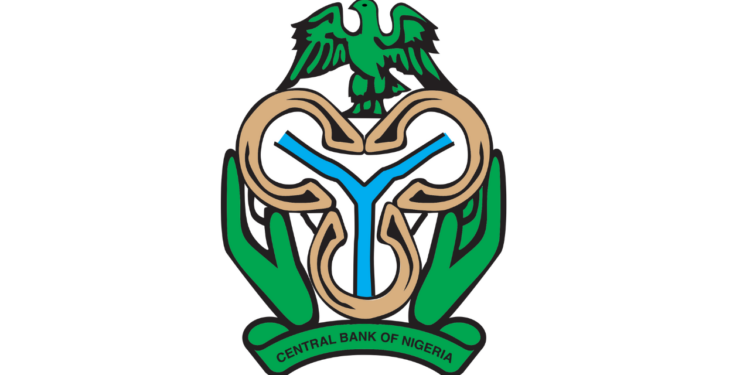A faith-based registered Civil Society Organization, CSO, that reports, monitors and advocates for workable Hajj policies in Nigeria, the Independent Hajj Reporters, IHR, has urged the Central Bank of Nigeria, CBN, to exclude 2025 intending pilgrims from the new policy of payment of Basic Travel Allowance, BTA, via Automated Teller Machine, ATM, cards.
In a statement issued to journalists yesterday in Abuja, IHR’s National Coordinator, Ibrahim Muhammad, warned that the policy would cause unprecedented hardship and confusion within Nigeria’s Hajj ecosystem.
The group had previously opposed a similar policy during the 2024 Hajj pilgrimage, advocating against using ATM cards for BTA disbursement.
“We urge the CBN to exclude Hajj pilgrims from this policy due to the foreseeable difficulties our pilgrims will face in Saudi Arabia,” the statement read.
Before the commencement of the 2024 Hajj airlift, the apex bank informed the National Hajj Commission of Nigeria (NAHCON), state officials, and the Armed Forces that BTA—pegged at $500 per pilgrim—would be disbursed in a 60/40 ratio: $200 in cash and $300 via ATM cards.
The decision sparked controversy due to concerns about Nigerian pilgrims’ challenges in using ATM cards in Saudi Arabia.
The group stated that it understands that the CBN intends to enforce this policy during the upcoming Hajj.
“Firstly, most Nigerian pilgrims come from rural areas and are not proficient in using electronic payment systems. Many may enter the wrong PIN three times, resulting in blocked cards in Makkah or Madinah.
“Who will reactivate their cards at a time when their focus should be on performing Hajj rites diligently to attain Hajj Mabrur?” he said.
Secondly, the group highlighted that there are fewer than 10 ATMs within Misfala and Shara Mansur, areas in Makkah where 90% of Nigerian pilgrims are accommodated during the Hajj.
Additionally, he pointed out that pilgrims would have to pay for the ATM cards and withdrawal charges, further depleting their $500 BTA.
Other risks include the potential loss of ATM cards, theft, and scammers taking advantage of the chaotic nature of Hajj to defraud pilgrims.
The group also noted that with Nigeria currently on the Financial Action Task Force (FATF) greylist, ATM cards issued by Nigerian banks might be rejected by some vendors outside the country.



